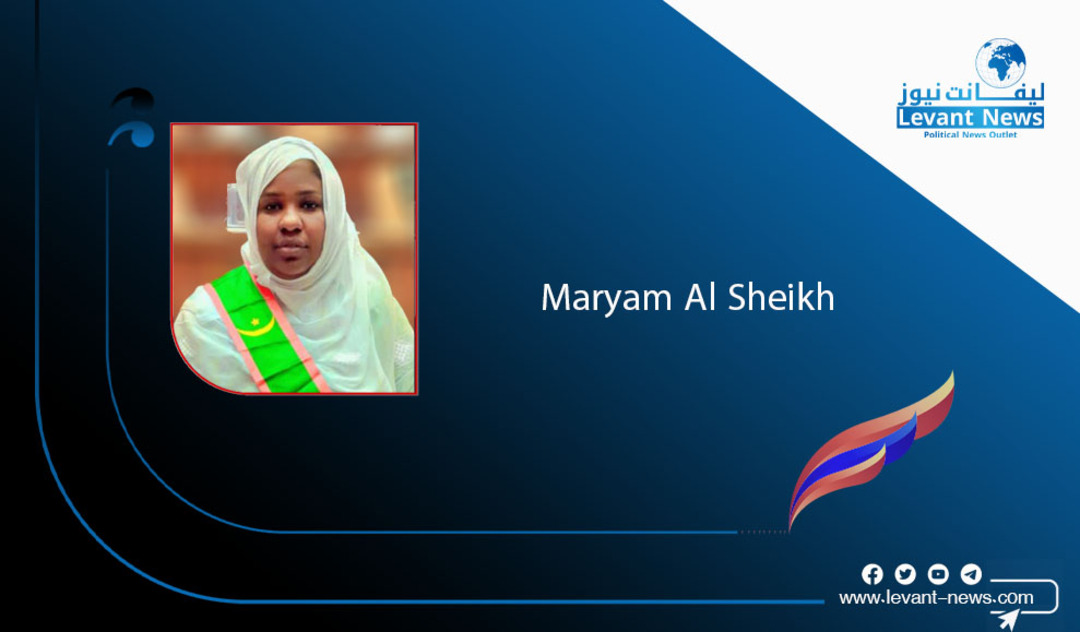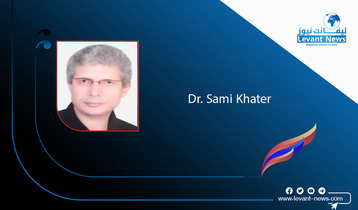-
The Renaissance of the Struggling Woman in Mauritania and Iran

The struggle of women from the East to the West of the Islamic world is a challenging and exhausting journey. The Mauritanian woman is both present and marginalized, diligent yet enslaved, despite her bitter struggle for liberation from the yoke of slavery, for her rights, and for the rights of her children and her community. She has never and will never call for isolation from her community, even though there are policies and class stereotypes that create this isolation and divide Mauritanian society into two rather than unifying it into one single society in a developing nation that is supposed to elevate its community first in order to harness its human resources for the renaissance of a unified Mauritania in both sovereignty and society.
Although her struggle is distinguished and unique in the Arab, Islamic, and African contexts, the struggle of the Mauritanian woman, despite her long progressive fight manifested in her political and civil activism through the "IRA" movement and many political institutions, remains unfulfilled. Her goals have not yet been achieved, and she has not reached the desired level necessary to establish a unified community free from the lingering consequences of slavery that we still suffer from as a society. The state has also suffered from these consequences, as a community that still endures the constraints and ramifications of contemporary slavery cannot establish a developed, stable, and prosperous nation. This is the goal of our struggle in "IRA" and all our liberation institutions. Our suffering is not unique to Mauritania but is prevalent in many African, Arab, and Islamic regions. Even in countries with a rich history, like Iran, or what is known as the "Islamic Republic," Iranian women continue to endure terrifying forms of oppression due to the racist and authoritarian practices imposed specifically against them, as well as against their children and communities, undermining their identity as women. The suffering of Iranian women has spread to Iraq, Syria, Yemen, and Lebanon. By God's grace, Syrian women have been granted a glimmer of hope that they may rediscover themselves after the destruction of their homeland and the displacement of millions from its population.
A solid civil life protected by just legislation that recognizes individuals as human citizens under the compassionate umbrella of the nation is the goal, away from all forms of racial discrimination based on color, class, or environment. This approach ensures the principle of justice and full partnership for all segments of society in shaping the future of the state and guaranteeing security and safety for the people. From the culture of civility, principles of coexistence among members of society are rooted. Mauritania, a country of poets and scholars, deserves to occupy a position befitting its status among nations; this will only be achieved through a culture of peaceful coexistence and acceptance of others within a single community.
In following the International Women's Day celebration held by the Iranian resistance as an annual tradition, I found solace for myself and for the oppressed women in Mauritania, Iran, Africa, and the Arab and Islamic world. It is commendable to see the women's struggle in the Iranian resistance at such an optimistic level that instills hope in souls, as there are revolutionary women striving at this level of excellence, affirming that the record of women's oppression is fading—not through mere slogans but through the realities put forth by this resistance, grounded in true culture and thought that have been established for decades, believing in the rights of all and fighting for everyone under the umbrella of true citizenship. This is supported by actionable programs like the ten-point plan proposed and endorsed by Mrs. Maryam Rajavi, the leader of the Iranian resistance. They have presented this program to the entire world as one that guarantees the rights of all components of the Iranian people without discriminating between one group and another. The emergence of a contemporary Iran with such a level of thought and struggle could build stability for the Middle East and the Islamic world as a whole. The Mauritanian woman should follow the lead of the Iranian women's struggle, as both have made many sacrifices. Remaining steadfast in the face of storms is a necessary condition for achieving our goals.
Women in Mauritania are fighters and self-sacrificing, yet they struggle without allies. Many women activists in Mauritania, particularly in the "IRA" movement, have faced injustice and oppression in their struggles merely for demanding some rights for the renaissance of Mauritania and the restoration of its historic status.
There are no rights without struggle and effort, and there can be no coexistence without fully accepting others and their rights. The human being is our mission and our project in "IRA," and for their sake, we continue our struggle until the end of racism, classism, and factionalism that impedes our growth as human beings and nations. The marginalization of women—who represent half of humanity—is an attempt to undermine society, whether intentionally or unintentionally, especially since the struggling Mauritanian woman and women activists, in general, remain committed to their values, morals, and beliefs. Struggle should not be an escape from high human values.
You May Also Like
Popular Posts
Caricature
BENEFIT Sponsors Gulf Uni...
- April 17, 2025
BENEFIT, the Kingdom’s innovator and leading company in Fintech and electronic financial transactions service, has announced its sponsorship of the “Innovation and Sustainable Technology Solutions Competition (GU - IST Solutions), hosted by Gulf University at its main campus.
This strategic sponsorship reflects BENEFIT’s active role in advancing technological innovation and fostering sustainable solutions to future challenges. It also seeks to empower Bahraini youth by enhancing their skills, capabilities, and competitiveness in innovation and solution development—contributing meaningfully to the broader goals of sustainable development across all sectors.
As part of BENEFIT’s active involvement in the competition, the company has announced that Hanan Abdulla Hasan, Senior Manager of Public Relations and Communication, will serve on the competition’s supervisory committee. Her upcoming participation reflects BENEFIT’s forward-looking commitment to championing academic and professional excellence.
Commenting on the occasion, Hanan Abdulla Hasan, Senior Manager of Public Relations and Communication at BENEFIT, said, “We are privileged to support this pioneering initiative, which aligns seamlessly with BENEFIT’s enduring commitment to fostering innovation and nurturing the potential of Bahrain’s youth. Our participation is rooted in a deep sense of social responsibility and a firm belief in the pivotal role of innovation in shaping a sustainable future. Through such platforms, we seek to empower the next generation with the knowledge, skills, and foresight required to develop impactful solutions that address future challenges, in line with the United Nations Sustainable Development Goals 2030.”
Dr. Aseel Al Ayash Dean of the College of Engineering in Gulf University commented, “We extend our sincere gratitude to BENEFIT for their generous sponsorship and support of the Innovation and Sustainable Technology Solutions Competition. This contribution plays an instrumental role in helping us achieve the strategic goals of this initiative, namely, cultivating a culture of innovation and sustainability, encouraging efforts that address the imperatives of sustainable development, and enhancing the practical and professional capabilities of our students and participants.”
The event will bring together a diverse spectrum of participants, including secondary school students, university undergraduates, engineers, industry professionals, entrepreneurs, academic researchers, and subject matter experts representing a wide range of disciplines.
The competition seeks to inspire participants to develop and present innovative, sustainable technologies aimed at addressing pressing environmental, social, and economic challenges. It encourages the formulation of business models that integrate advanced technological solutions with core principles of sustainability. Moreover, it serves as a platform for emerging leaders, entrepreneurs, and innovators to contribute to the advancement of the Sustainable Development Goals, promote the ethos of responsible technology, and demonstrate its transformative potential across various sectors.
Attendees will have the opportunity to view a series of project presentations submitted by participants, covering diverse areas such as eco-friendly product design, smart and sustainable innovations, renewable energy technologies, water conservation and management, waste minimisation and recycling, green architectural solutions, and sustainable transportation systems. Outstanding projects will be formally recognised and awarded at the conclusion of the event.
opinion
Report
ads
Newsletter
Subscribe to our mailing list to get the new updates!




















